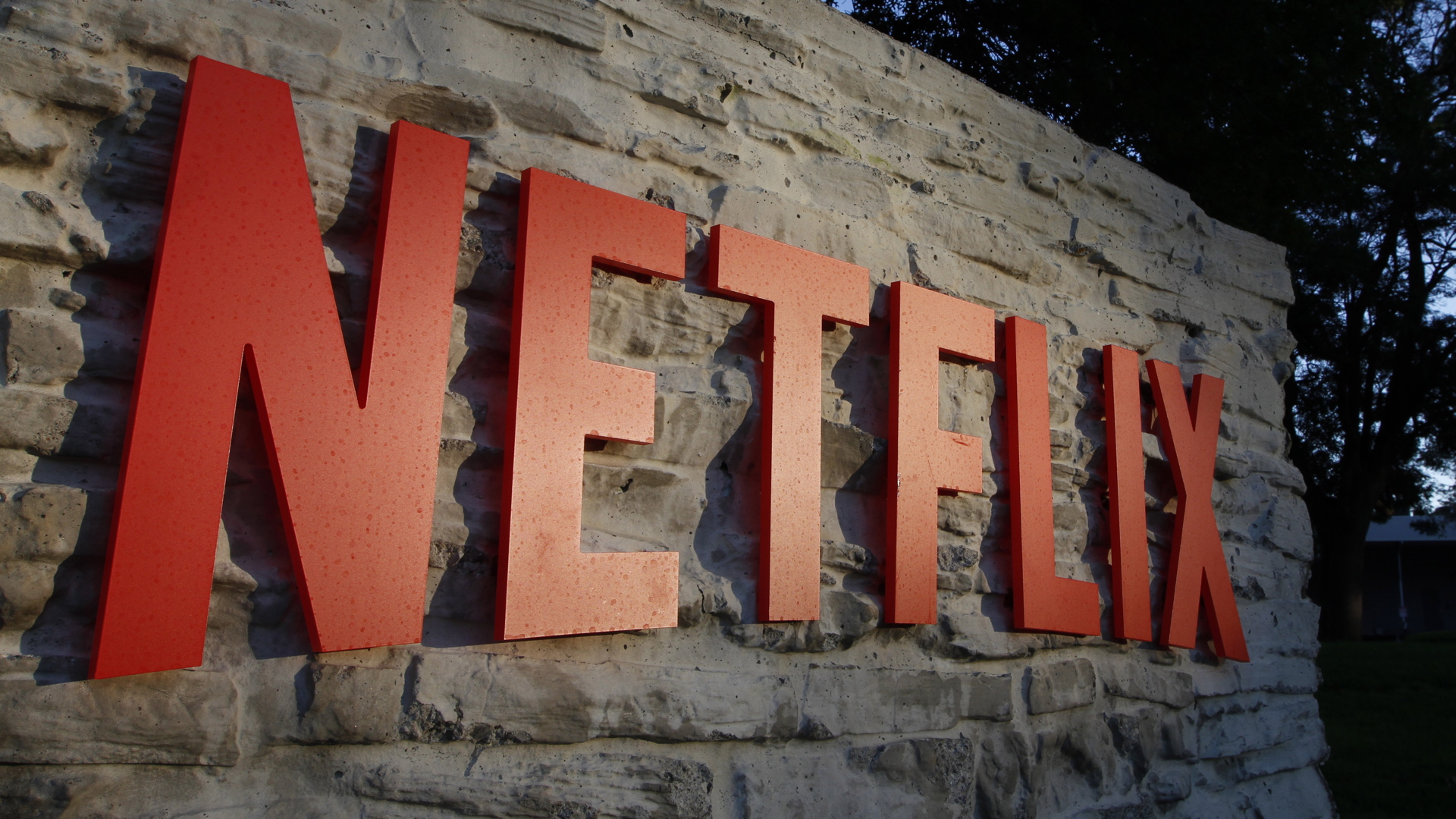Netflix and bill: Why you'll pay a higher price soon
Even as it pass 75 million subscribers

Sign up for breaking news, reviews, opinion, top tech deals, and more.
You are now subscribed
Your newsletter sign-up was successful
While Netflix announced it has passed 75 million subscribers during its quarterly earnings today, and earlier this month launched in most of the world, it still plans bringing the subscription price for those on grandfathered HD plan in line with all new subscribers.
The streaming service raised the price for its most popular HD plan for new subscribers in the US, Canada and Latin America late last year, bringing the cost to stream in HD on two screen simultaneously to $9.99 per month from $8.99.
It wasn't a terribly massive price hike, and those who were already subscribed were given the benefit of remaining at the $8.99 price point for a while longer.
At the time, the company said, "As a thank you to existing Netflix members - who aren't already benefiting from a previous price guarantee - we will maintain their current price for a year."
Unfortunately, that time will be up beginning in just a few more months, according to Netflix's latest earnings report, with the company saying, "we'll be releasing a substantial number of our US members from price grandfathering on the HD" in the second and third quarter of this month.
Users will be able to stay on the HD plan, but pay $10 per month, or continue paying their current plan price, but be downgraded to only SD quality.
Going over the top
One of the reasons for the price hike, according to Netflix, has been because it is increasing the amount of original content, as well as adding content through deals, such as the one with Disney.
Sign up for breaking news, reviews, opinion, top tech deals, and more.
In a letter to shareholders, the company revealed that it wishes to have 40% "US contribution" by 2020, and though it is already at 34%, or more than 45 million subscribers, new US subscriptions have slowed down.
Overall, however, Netflix says, quoting data from Sandvine, over the top (OTT) streaming services are growing, including its competitors, while online piracy is slowing,
During peak download internet traffic in North America, the data shows that in 2010, OTT video streaming had only 30% of the traffic share, while BitTorrent had 8% and 61% went to other internet traffic, like social media and browsing.
In 2015, OTT video streaming traffic share rose more than double to 61%, while BitTorrent dropped to 37%.
An NBC war?
Netflix added that its own and the growth of streaming services in general has caused "anxiety among TV networks and calls to be fearful."
"Or, at the other extreme, an NBC executive recently said Internet TV is overblown and that linear TV is "TV like God intended."
The call out to NBC is especially interesting, as the network claimed to have figures on Netflix's ratings last week, which Netflix Chief Content Officer, Ted Sarandos, denied over the weekend.
"Our titles are watched on the go and at home on a wide range of devices, making measurement of the viewing of any given title difficult for third parties," Netflix wrote in its report today, which to us seems aimed directly at NBC.
Netflix explains that instead of ratings, it releases membership growth, claiming, "It is member viewing and satisfaction that propels our growth."
"We don't release title‐level ratings as our business model is not dependent on advertising or affiliate fees."
Netflix also had advice for traditional media companies who might be worried:
"The challenge for traditional media companies, most of whom see the future pretty clearly, is to use the revenue from Netflix and other SVOD services to fund both great content and their own evolution into internet TV networks."